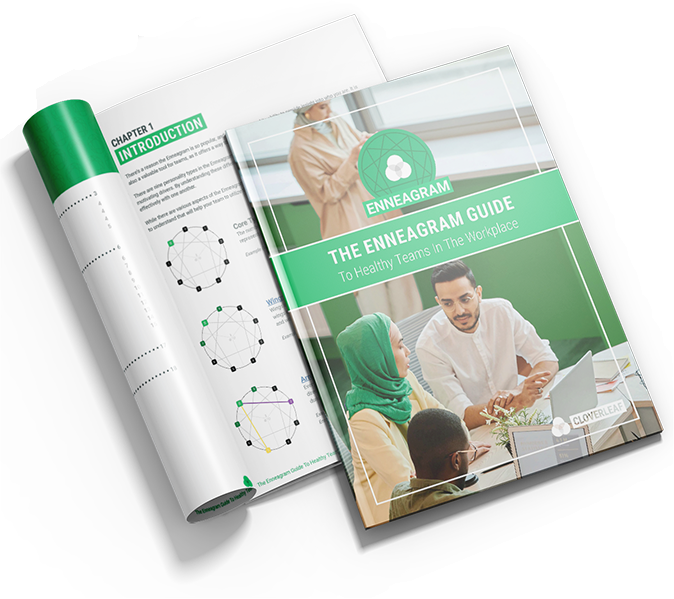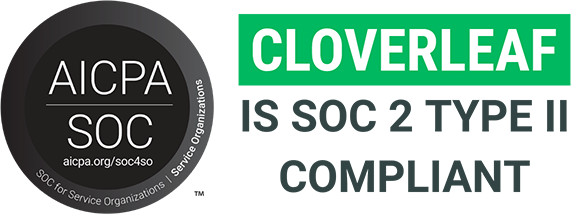Stress is at an all-time high around the globe. The time is right to reevaluate whether you are coping appropriately. This post will help you self-assess and self-reflect on whether you’re doing it right.
But first, consider taking my assessment, “What Is Your Coping Style?” This free, nine-question assessment will automatically generate your scores and a comparison to your peers.
Problem-Focused Coping
Problem-focused coping entails attempting to solve the source of the problem. The goal is to stop the stressor altogether.
The challenge, though, is that engaging in such behaviors can be hard, time-consuming, and even introduce new types of stress. Thus, problem-focused coping is a productive, long-term fix, but it takes effort.
Examples
Taking stock of the situation and coming up with a plan.
Focusing one’s efforts and attention on doing things that improve the situation.
Seeking out resources (e.g., people, processes, services) that can help solve the issue at hand.

Download the Cloverleaf Assessment Guide
- A comprehensive list of the assessments that Cloverleaf offers
- Summary of each assessment and what insights you get
- Anticipated time commitments for each assessment
Emotion-Focused Coping
Emotion-focused coping entails managing the emotions associated with the situation. The goal is to minimize the negative physiological and psychological reactions stemming from the stressor.
The challenge here is that emotions can be hard to control. It’s worth the effort, though, because you’ll be more successful at problem-focused coping when you’re emotionally balanced.
Emotion-focused coping is not a long-term fix, because it doesn’t solve the source of the problem, but it’s an important part of the coping process.
Examples
Seeking out social support by finding someone to talk to about how you’re feeling.
Pinpointing, out loud or in writing, exactly what emotions you’re feeling.
Reminding yourself that you’ll be okay, things could be worse, or that you should be appreciative of what you have.
Reappraising the stressor as an opportunity to learn, grow, or develop.
Avoidance-Focused Coping
Avoidance-focused coping entails distancing oneself from the stressor or the feelings of stress. This is an unproductive form of coping. Unfortunately, people do it all the time.
Distracting ourselves from how we are feeling, or refusing to think through how to make things better, only delays the stressor. When it does resurface, it’s typically worse.
Examples
Distracting yourself with something pleasurable, like entertainment (e.g., social media), sleep, or substances (e.g., drugs, alcohol).
Convincing yourself that everything will be fine and work itself out.
Acting as though nothing really happened.
Telling yourself you’ll deal with it when the time is right.
The Right Way to Cope with Stress
Given what we know about stress and coping, here’s what you should or shouldn’t be doing:
Don’t avoid stress. If you’re experiencing stress, your brain and your body are trying to tell you something. Avoidance-focused coping doesn’t work.
Express your emotions. Seek out people or mechanisms (e.g., journaling, meditation) that allow you to acknowledge and accept your feelings. Emotion-focused coping is part of being human. Let it happen.
Start getting organized. Outline the problem, start brainstorming ideas, talk to others to get new perspectives, and then get to work. When it doesn’t work out as planned, iterate, and try again. Problem-focused coping is the primary solution to long-term stress reduction.
Visit www.scottdust.com for more free resources for human capital enthusiasts, including a free e-book titled “A Field Guide to Human Capital Assessments.”

HUMAN SKILL PROGRAMS ARE HITTING LIMITATIONS...
- Close the widening gap between learning and on-the-job application
- Overcome the tension of pausing productivity for development opportunities
- Integrate learning so it is actually in the flow of work
- The evolution of human skill development
- What Automated Coaching™ is and how it works.



